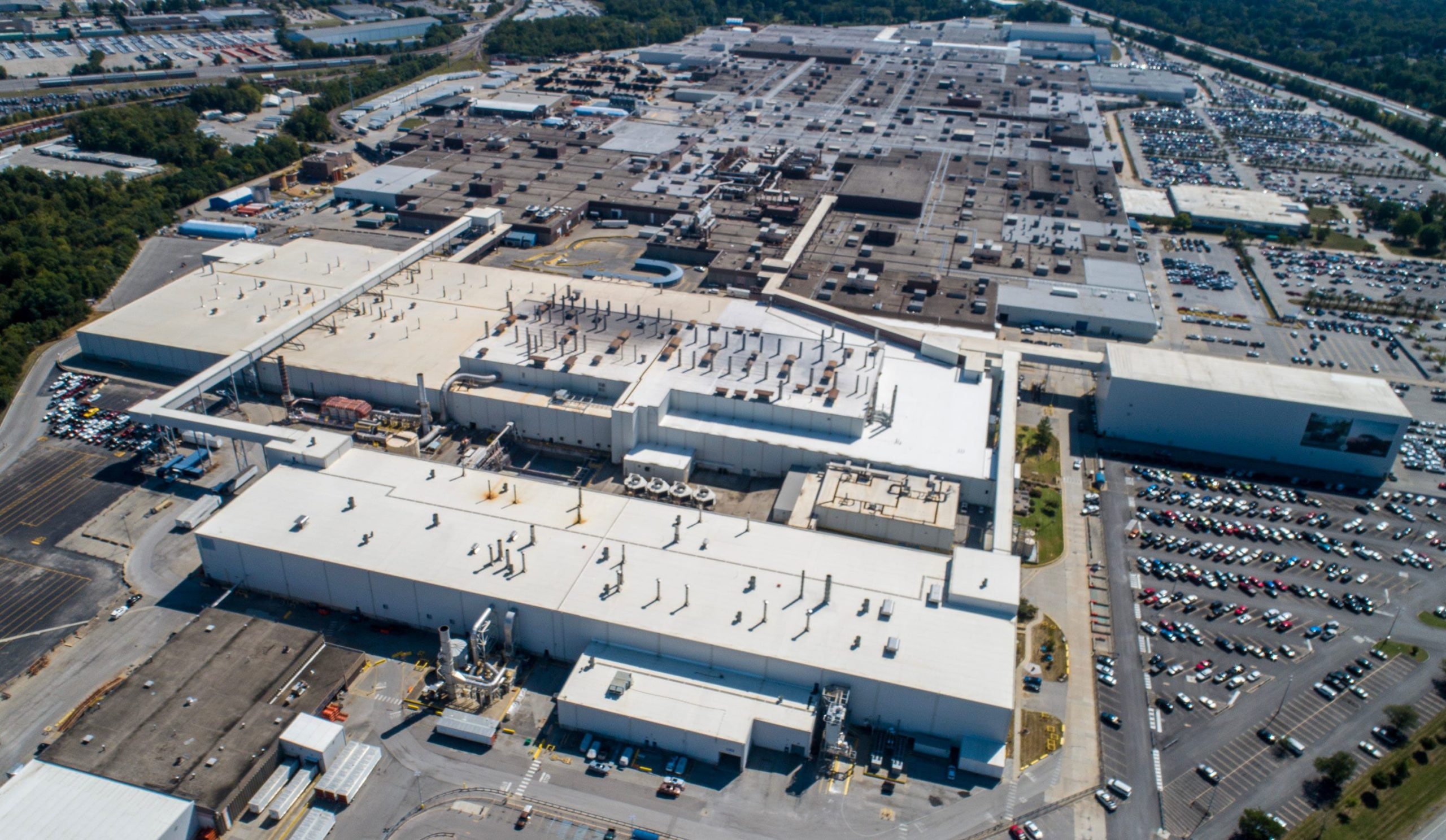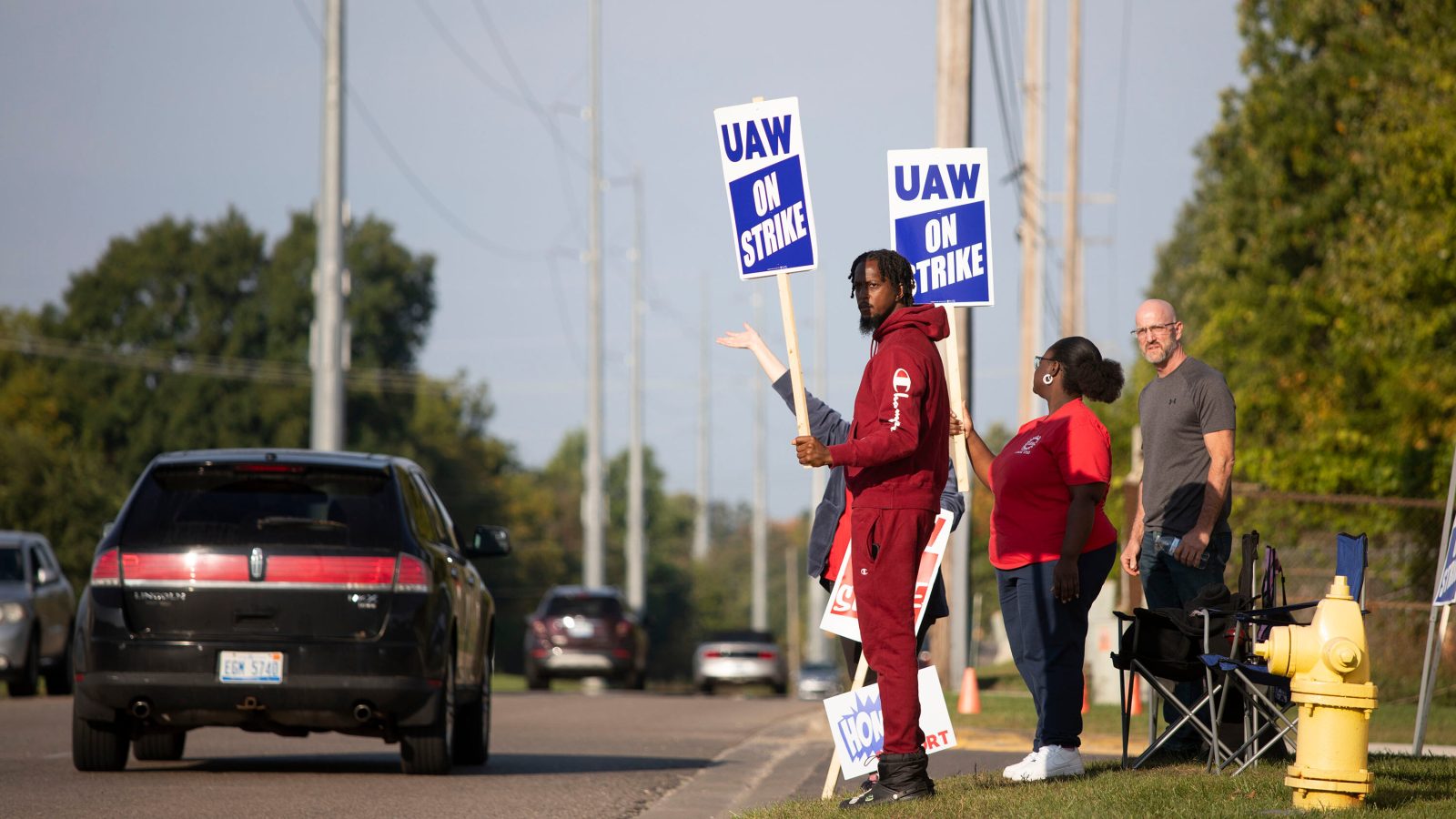The United Auto Workers (UAW) is threatening to strike at Ford Motor’s largest U.S. plant if local union demands are not met by next week.
On Friday, the Detroit union announced that nearly 9,000 UAW members at Ford’s Kentucky Truck Plant could go on strike at 12:01 a.m. on February 23 if unresolved issues persist.
This plant, Ford’s largest in terms of both employment and revenue, manufactures Ford Super Duty pickups, as well as Ford Expeditions and Lincoln Navigator SUVs.
Local contracts, which address plant-specific matters, are separate from the national agreements ratified by the union in late 2023 with Ford, General Motors, and Stellantis, the parent company of Chrysler.
These local agreements can often remain unsettled for months or even years after the national deals are finalized.
The union highlighted that the primary issues in the Kentucky Truck Plant’s local negotiations involve health and safety concerns, including minimum staffing levels for in-plant nurses and ergonomic issues.
Additionally, there are concerns about Ford’s ongoing efforts to reduce the skilled trades workforce at the Kentucky Truck Plant.
It is not immediately clear why the union has set a strike deadline specifically for the Ford plant, rather than addressing the 19 other open local agreements at Ford, as well as several at GM and Stellantis.

Ford, which has emphasized its strong relationship with the UAW, stated in an email: “Negotiations are ongoing, and we look forward to reaching an agreement with UAW Local 862 at Kentucky Truck Plant.”
The strike deadline follows a critical statement from UAW President Shawn Fain, who took issue with comments made by Ford CEO Jim Farley.
Farley had suggested that Ford would “think carefully” about future vehicle production locations due to shifting market conditions and contentious negotiations with the union last year, which included six weeks of targeted strikes.
Farley specifically cited the UAW’s October strike at the Kentucky Truck Plant as a pivotal moment in the company’s evolving relationship with the union.
“We were the first truck plant they shut down … Clearly, our relationship has changed. It’s been a watershed moment for the company.
Does it have a business impact? Yes,” Farley said Thursday during a Wolfe Research investor conference. “As we consider the transition to EVs and the continued profitability of our truck business, we need to carefully evaluate our footprint.”
In response, Fain, known for his combative stance, said: “Maybe Ford doesn’t need to move factories to find the cheapest labor on Earth.
Perhaps it needs to recommit to American workers and find a CEO who is genuinely interested in the future of the country’s auto industry.”






Leave a Reply